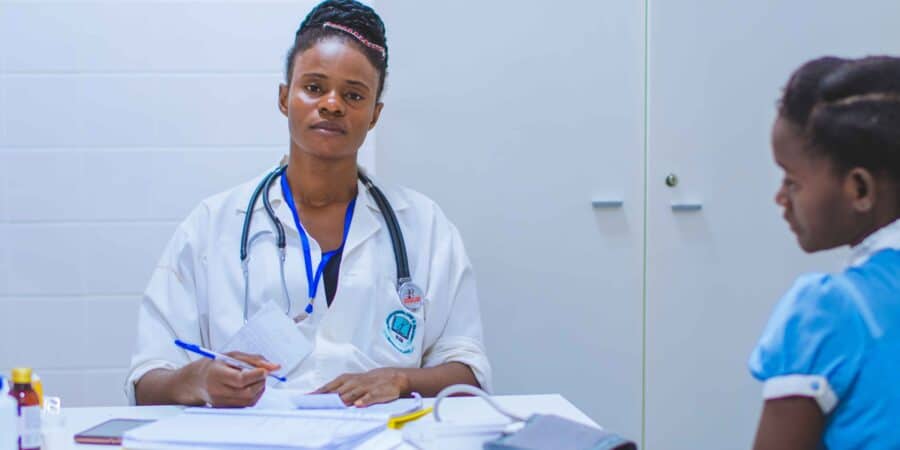Access to healthcare in Africa remains a formidable challenge for many communities, particularly those residing in remote and hard-to-reach areas. The continent’s vast terrains, coupled with infrastructure limitations, pose significant obstacles to delivering essential medical services to these regions. However, amidst these challenges, a beacon of hope emerges through the innovative approach of mobile clinics—a transformative solution bringing healthcare directly to the doorsteps of those in need.
The Challenge of Accessing Healthcare in Remote Africa
Across the African continent, millions of people face barriers to accessing basic healthcare services. Geographical remoteness, inadequate transportation networks, and a shortage of healthcare facilities exacerbate the issue, leaving numerous communities without proper medical attention. This lack of access leads to preventable illnesses escalating into severe conditions and contributes to high mortality rates.
Mobile Clinics: A Game-Changing Solution
Amidst these challenges, mobile clinics have emerged as a beacon of hope, addressing the healthcare disparity in Africa’s remote regions. These clinics are essentially medical facilities on wheels, equipped with essential medical equipment, healthcare professionals, and supplies, allowing them to reach distant and underserved areas where conventional healthcare infrastructure is lacking.
Key Features of Mobile Clinics:
- Flexibility and Mobility: These clinics are specifically designed to navigate challenging terrains, allowing healthcare professionals to reach communities located in remote and difficult-to-access areas.
- Comprehensive Services: Mobile clinics offer a wide range of healthcare services, including primary care, vaccinations, maternal and child health services, and disease prevention programs.
- Customized Solutions: These clinics are adaptable to the unique needs of different communities. They cater to specific health concerns prevalent in each region they serve.
- Health Education and Outreach: Beyond treatment, mobile clinics engage in health education initiatives, empowering communities with knowledge about preventive measures and healthy living practices.
- Collaborative Efforts: Many mobile clinic initiatives work in collaboration with local authorities, non-profit organizations, and governments to maximize their impact and sustainability.
Challenges and Future Prospects
While mobile clinics have made remarkable strides, challenges persist. Sustainability, funding, and the need for greater scalability are among the key hurdles faced by these initiatives. Furthermore, ongoing efforts are required to ensure that the services provided are culturally sensitive and aligned with the specific needs of each community.
Looking ahead, the future of mobile clinics in Africa appears promising. Advancements in technology, innovative healthcare models, and increased collaborations between governments, NGOs, and private sectors offer opportunities to expand the reach and impact of these mobile healthcare units.
Mobile clinics represent a beacon of hope, delivering healthcare where it’s needed the most—into the heart of Africa’s remote communities. By addressing the barriers to accessing medical services, these mobile units have proven to be a catalyst for positive change, empowering individuals and communities to lead healthier lives. As they continue to evolve and adapt, mobile clinics stand as a testament to human innovation and compassion, transforming healthcare delivery in Africa’s hard-to-reach areas.
The journey of mobile clinics exemplifies a shared commitment to ensuring that healthcare is a fundamental right accessible to all, irrespective of geographical constraints. As we celebrate their impact, let us continue to support and amplify these initiatives, paving the way for a healthier and more equitable future for all Africans.

